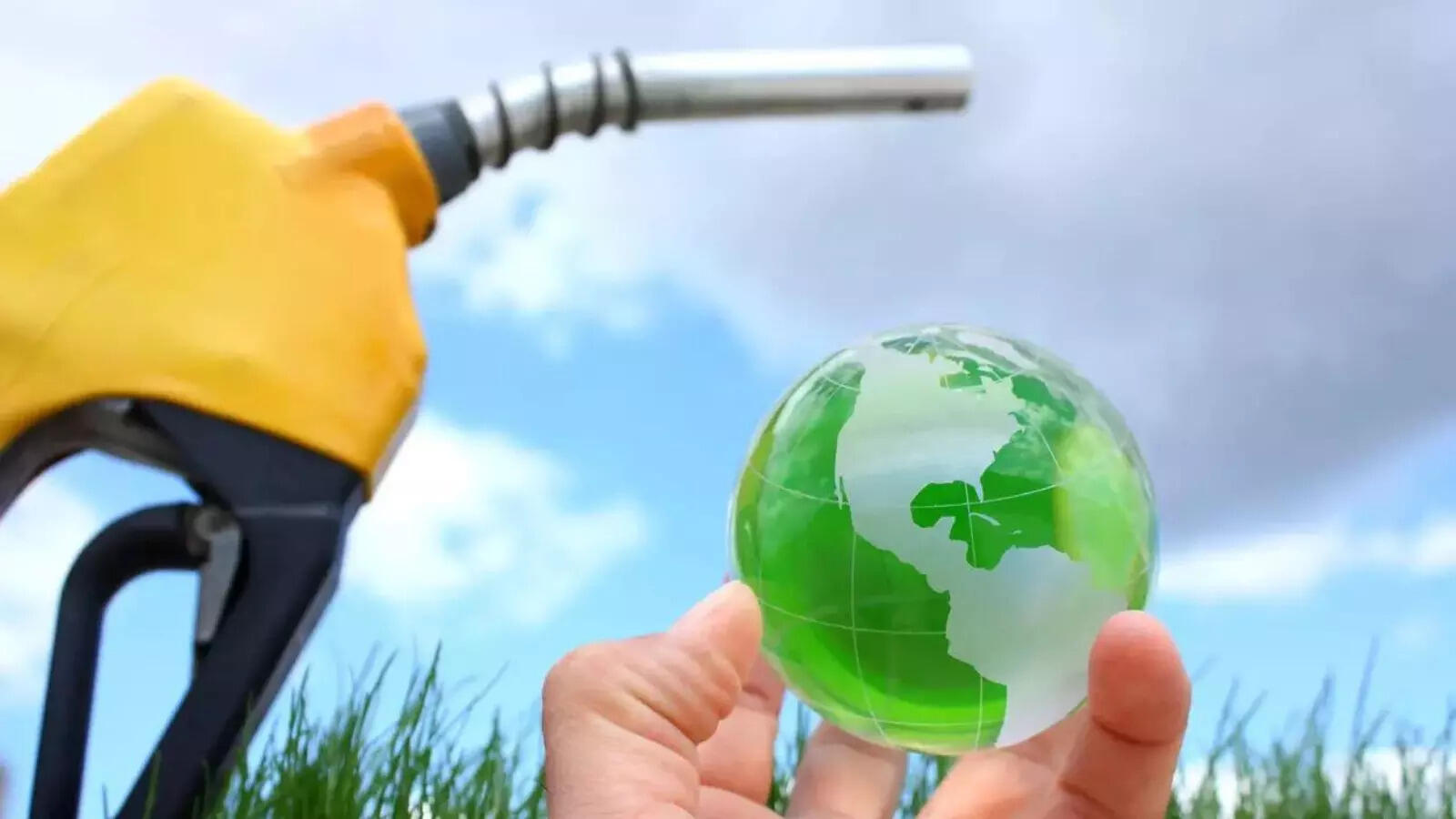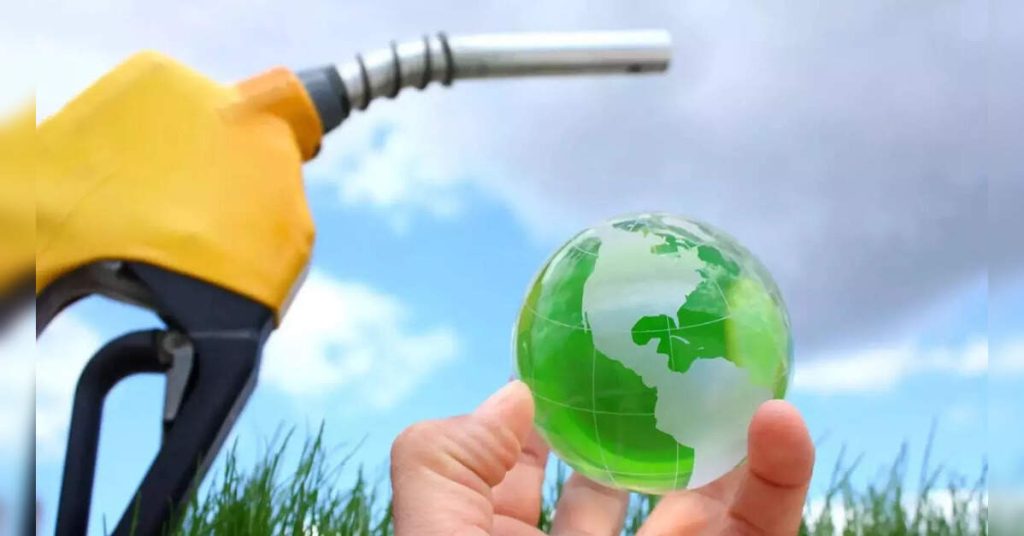
New Delhi: India has achieved 20 per cent ethanol blending in petrol five years ahead of the revised 2025 target, Petroleum and Natural Gas Minister Hardeep Singh Puri said on Friday, adding that the government will now move towards higher ethanol blends and sustainable aviation fuel (SAF) adoption in a phased manner.
Speaking at the Pioneer Biofuels 360 Summit, Puri said ethanol blending was at just 1.53 per cent in 2014 and reached 10 per cent by 2022, five months ahead of the original schedule. “The target of E20 by 2025 has already been met in the current ethanol supply year,” he said, crediting policy reforms such as guaranteed ethanol pricing, allowing multiple feedstocks and rapid capacity expansion.
He said the transition to E20 had taken place without any reported cases of engine breakdowns in the past 10 months. “Some lobbies with vested interests are attempting to create confusion, but the shift is backed by policy, industry readiness and consumer acceptance,” he said, citing Brazil’s example of running on E27 fuel.
Puri said E20 has saved over ₹1.4 lakh crore in foreign exchange, reduced greenhouse gas emissions and improved air quality. Over the past 11 years, ethanol procurement has provided ₹1.21 lakh crore in income to farmers and reduced crude imports by 238.68 lakh metric tonnes. Maize-based ethanol now accounts for 42 per cent of the supply, up from zero in 2021–22.
On flex-fuel vehicles, he said Indian automakers have developed prototypes for E85-compatible models and higher blends like E25, E27 and E30 will be introduced gradually, supported by BIS norms and fiscal incentives.
Outlining plans for SAF, Puri said India has set a 1 per cent blending target for international flights by 2027 and 2 per cent by 2028. Indian Oil Corporation’s Panipat refinery is already producing SAF from used cooking oil, he said.


